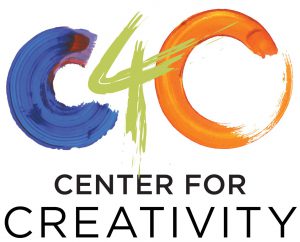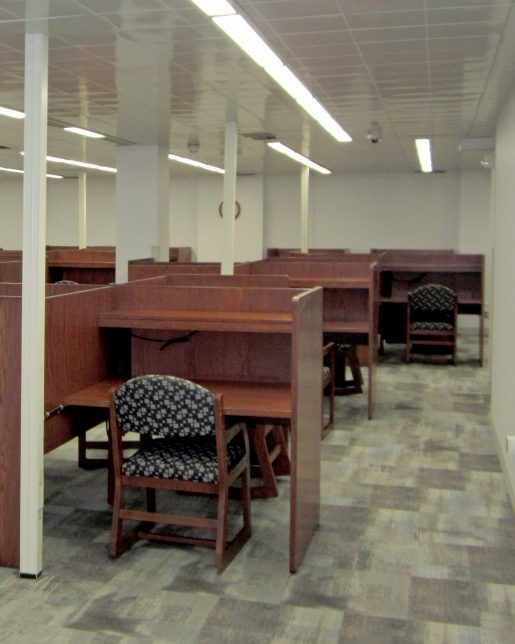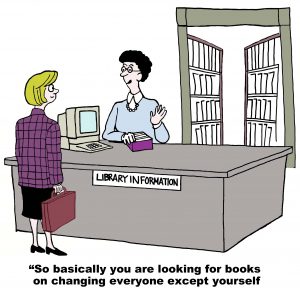 Over the years, journals such as Academic Medicine, Journal of Nursing Education, and the American Journal of Pharmaceutical Education have published articles about the benefit of creative outlets for students through visual arts and creative writing.
Over the years, journals such as Academic Medicine, Journal of Nursing Education, and the American Journal of Pharmaceutical Education have published articles about the benefit of creative outlets for students through visual arts and creative writing.
The University’s Center for Creativity celebrates the creative process as exercised across academic and research disciplines. Its first facility, the Workshop, opened last year in the lower level of the University Store on Fifth. Open to all Pitt faculty, staff, and students, the Workshop is a place to “make stuff” and to work through questions through hands-on activity. Continue reading

 Frequent visitors to the library may note how it can be a busy place, and not always quiet. You may find yourself distracted by others setting up at a computer, getting papers from the printer, or just chatting with fellow classmates during a study break. In response to the student requests, a new quiet study area has opened on Falk Library’s main floor. An enclosed area separate from the main part of the library, the quiet study room seats 44 at individual study carrels, with a four-seat table also available. The room entrance is located beyond the bookshelves in the far left corner of the library’s main floor. The entrance will soon be programmed for swipe card access for health sciences students using their Pitt ID cards.
Frequent visitors to the library may note how it can be a busy place, and not always quiet. You may find yourself distracted by others setting up at a computer, getting papers from the printer, or just chatting with fellow classmates during a study break. In response to the student requests, a new quiet study area has opened on Falk Library’s main floor. An enclosed area separate from the main part of the library, the quiet study room seats 44 at individual study carrels, with a four-seat table also available. The room entrance is located beyond the bookshelves in the far left corner of the library’s main floor. The entrance will soon be programmed for swipe card access for health sciences students using their Pitt ID cards.  Before Google, librarians were a major source for all types of information. Since the birth of Google in 1998, it really hasn’t changed all that much. October is National Medical Librarians Month, so this is a good time to write about “interesting” questions HSLS librarians have received over the years. Some are funny, odd, or just unusual.
Before Google, librarians were a major source for all types of information. Since the birth of Google in 1998, it really hasn’t changed all that much. October is National Medical Librarians Month, so this is a good time to write about “interesting” questions HSLS librarians have received over the years. Some are funny, odd, or just unusual.